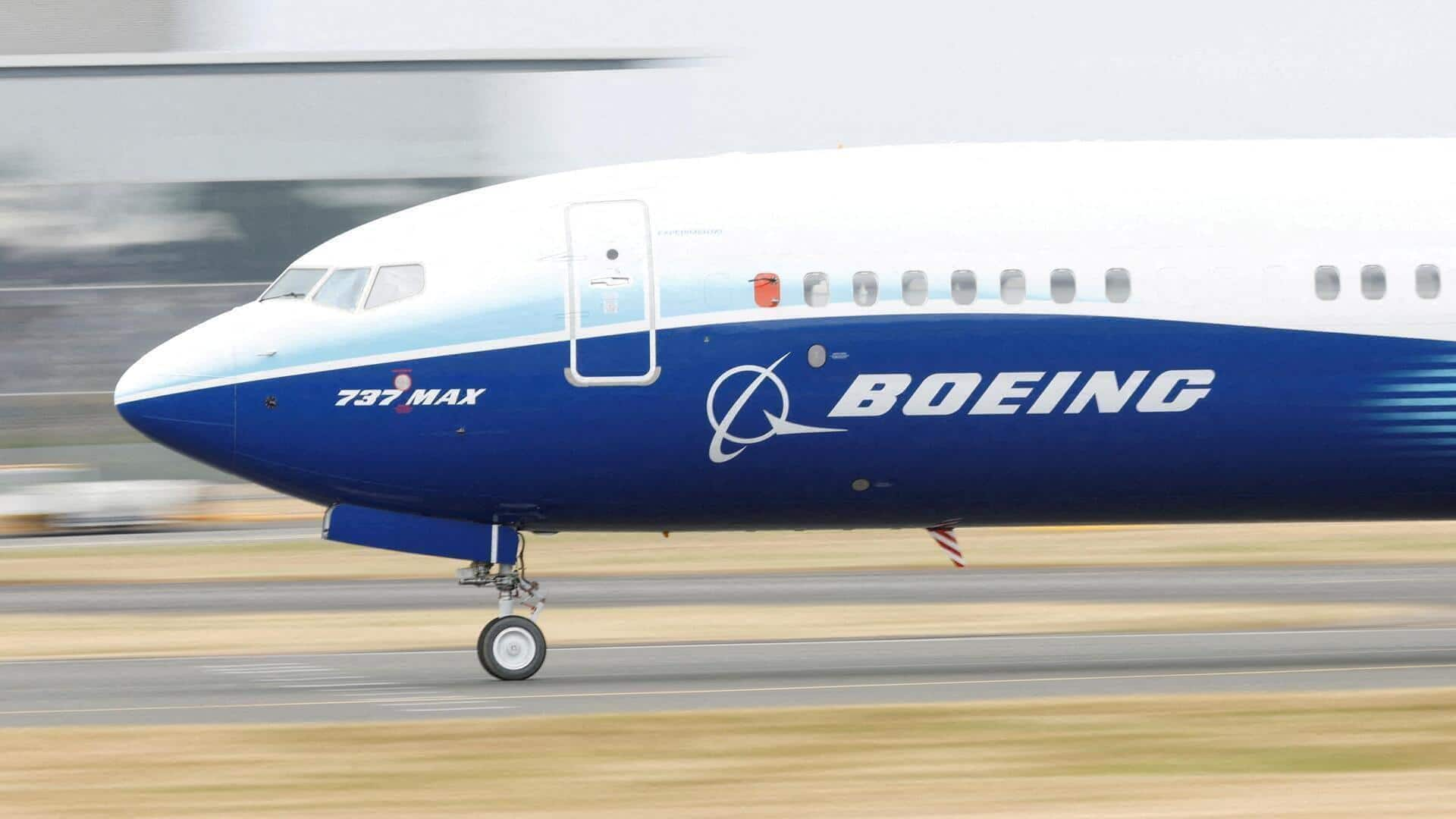
Boeing escapes criminal trial over 737-Max crashes that killed hundreds
What's the story
A Texas federal judge has dismissed a criminal conspiracy case against Boeing, concerning two deadly crashes of its 737 Max jetliner that claimed 346 lives. The dismissal was made at the request of the Department of Justice (DOJ), despite Judge Reed O'Connor's skepticism about the move. Families of some crash victims had strongly opposed this request in May, opposing the case's dismissal in US District Court Fort Worth.
Case details
DOJ accused Boeing of misleading federal regulators
The DOJ had accused Boeing of misleading federal regulators about a flight-control system linked to the crashes. At the time of requesting dismissal, the department said Boeing had agreed to pay or invest $1.1 billion in fines and victim compensation. This comes after a year-long agreement between Boeing and the DOJ, where the company entered into a deferred prosecution agreement, which suspended prosecution rather than requiring an immediate guilty plea.
Accountability issues
Judge acknowledged families' concerns, but said he had no authority
Judge O'Connor acknowledged the concerns of families opposing the dismissal, saying they were right in arguing that a non-prosecution agreement between DOJ and Boeing "fails to secure the necessary accountability to ensure the safety of the flying public." He agreed with their stance that this agreement "disregards the need for Boeing to be subject to independent monitoring." However, he said he didn't have the authority to deny this request despite disagreeing with it.
Corporate statement
Boeing responds to dismissal of criminal case
In response to the dismissal of the criminal case, Boeing said, "We are committed to honoring the obligations of our agreement with the Department of Justice." The company also reiterated its commitment toward strengthening safety, quality, and compliance programs. This comes after Boeing reached settlements in three lawsuits from families of victims from the second crash after a jury was selected for one such trial in Chicago federal court.
Legal perspective
DOJ charged Boeing with conspiracy to defraud the US
In 2021, the DOJ had charged Boeing with conspiracy to defraud the US for allegedly obstructing the Federal Aviation Administration's evaluation of the Max's maneuvering characteristics augmentation system. A deferred prosecution agreement was reached at the time, which was breached by Boeing in May 2024, according to the DOJ. In July 2024, a plea agreement was submitted but rejected by Judge O'Connor as its terms "were not in the public interest."
Judicial inquiry
Judge questioned rationale for non-prosecution agreement
In May this year, the DOJ requested O'Connor to dismiss the case altogether. The judge questioned the department's rationale for this non-prosecution agreement. He highlighted a contradiction between their previous stance that Boeing committed crimes justifying prosecution and their current belief that it can be trusted to select a compliance consultant due to its "meaningful progress in improving its anti-fraud compliance and ethics programs."
Risk assessment
'Unserious' claim from DOJ about trial risk, judge says
Judge O'Connor also dismissed the DOJ's claim of "uncertainty and litigation risk" from going to trial in this case, calling it "unserious." He noted that there is a confession from Boeing, signed by its CEO and Chief Legal Officer, admitting all elements of the conspiracy charge against it in the Deferred Prosecution Agreement (DPA). "As such, the assertion that there is a legitimate risk that Boeing would be acquitted at a trial lacks support," the judge said.